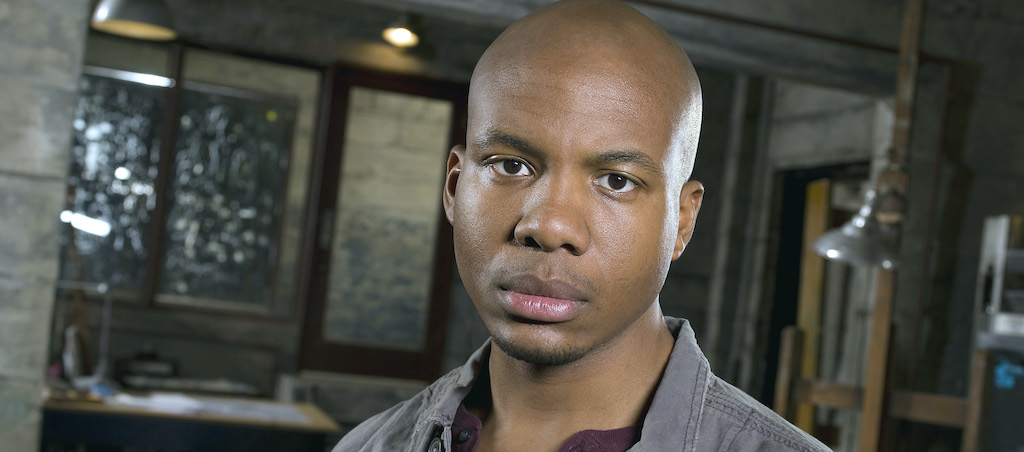
You didn’t see a lot of D.L. Hawkins, who had the power to move through solid objects, on Heroes, the hit mid-aughts superhero show: He was killed off early in the second season, struck by a bullet (which apparently aren’t solid enough to move through him). But according to a new testimonial by Leonard Roberts the actor who played him, published by Variety, his role was originally supposed to be much larger. He was told that he didn’t have much chemistry with Ali Larter, who played Niki Sanders. But the actor alleges that the real reason was much more troubling.
Roberts’ account, which was corroborated by 10 people who either worked on the show or were familiar with the events in question, claims that the problems began even before he was cast. An early draft of the pilot described Hawkins, who starts of as a prison inmate, as “a white man’s nightmare.” But Roberts soldiered on. “Through the entire audition process, I found a connection to the character that didn’t traffic in stereotypes,” he writes.
But by the time the show had been picked up to series, things changed. His character was suddenly removed from the pilot. He was told he’d be introduced in Episode 2. He didn’t debut until Episode 6. Roberts also discovered he wasn’t being treated the same way as the other main actors.
“As production began, I looked forward to sharing my thoughts on my character with the writing staff, as I heard other cast members had done the same with theirs,” Roberts alleges. “Unfortunately, no such meeting ever materialized. Then I learned that despite the show’s three Black series regulars, there were no Black writers on staff.”
But the real problems, Roberts claims, didn’t begin until he finally started shooting. He alleges Larter was always cold, even hostile, towards him, especially during rehearsal of an intimate scene during what was his first episode that she abruptly ended over her refusal to play the scene with the straps of her top lowered. He later mentioned it to co-star Adrian Pasdar, who also had intimate scenes with her:
“After watching the episode, I asked Pasdar if there had been any concerns similar to what I witnessed during my episode. He replied to the contrary, and mentioned her openness to collaboration and even improvisation. I pondered why my co-star had exuberantly played a different scene with the Petrelli character involving overt sexuality while wearing lingerie, but found aspects of one involving love and intimacy expressed through dialogue with my character, her husband, disrespectful to her core. I couldn’t help wondering whether race was a factor.”
Soon rumors of tension between two co-stars on Heroes spread into TV Guide, which was assumed to be Roberts and Larter. Things got worse after the two posed for an Entertainment Weekly cover, which eventually led her to confront him:
“I’m hearing our cover is selling the least of all of them,” she told me. It was the first and only thing she said to me that night and I believed the subtext was clear: I was tarnishing her brand.”
The next day he learned his character was going to be killed off, due, he says, to “the Ali Larter situation.” He also says he was reassured by executive producer Dennis Hammer to not “think of this as a situation where the Black man loses and the white woman wins.” Roberts says “that was the first time my race was ever acknowledged while I was a part of the show: not for any creative contribution I could make, but for what I believed was the fear of me becoming litigious.”
Roberts eventually negotiated to film a death scene for Season 2, for which, he says, he was paid as a guest star, though he wound up getting the full amount he would have received had he been kept on as a regular. Since then he’s kept his mouth shut, only deciding to go public with his allegations this past August, in the wake of the summer’s Black Lives Matters protests, when questions about race in America, and in Hollywood, were being asked more forcefully than ever before.
Larter, Variety says, “did not provide any on-the-record response.” Heroes creator Tim Kring did, saying he “set out to cast the most diverse show on television,” though he acknowledges that “a lack of diversity at the upper levels of the staff may have contributed to Leonard experiencing the lack of sensitivity that he describes.”
(Via Variety)
